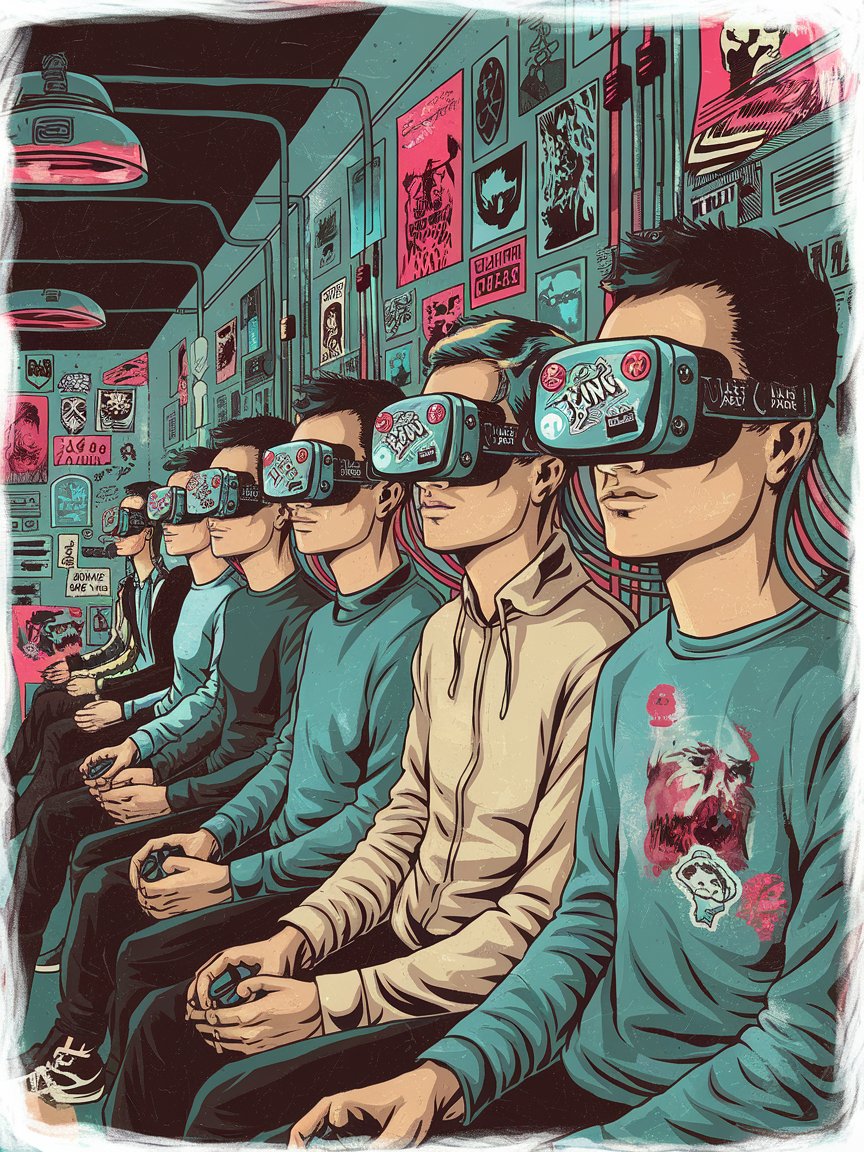



Well, here we are. 2025. Feels weird to say it, doesn’t it? Like we’ve crossed some invisible threshold into the future we were promised in sci-fi movies and cyberpunk novels. So... where’s my flying car? My colony on Mars? My neural uplink that doesn’t come with a Terms of Service longer than War and Peace?
Instead, we’ve nailed the dystopian part. Oh, we’re crushing it there. Algorithms decide what we see, what we buy, and, increasingly, what we think. Corporations don’t just run the world—they’ve annexed our minds, feeding us content and calling it "choice." Privacy? A relic. Online or offline, you’re never truly alone; someone’s always watching, recording, selling you back to yourself.
And the Fascists,
Oh, they’re back. Louder, bolder, and more tech-savvy than ever. They’ve traded jackboots for hashtags, but the message is the same: obey, conform, submit. The tools that could’ve united us have been weaponized to divide us, and the future feels more like a battlefield than a utopia.
But here’s the thing: the story isn’t over. Not by a long shot.
Because for every algorithm trying to box us in, there’s someone breaking out. For every corporation hoarding power, there’s a rebel sharing tools to take it back. And for every voice silenced by fear, there’s a thousand whispers building to a roar.
We’re not powerless. We never were. The systems that oppress us are built on the lie that they’re inevitable, unchangeable. But they’re not. They’re just code. And code can be rewritten. 2025 doesn’t have to be the dystopia we’re living in right now. It can be the year we take the future back. Not with flying cars or Martian colonies, but with something far more radical: connection, intention, and action.
So let’s rewrite the script. Let’s make this the year we remember that the future isn’t something that happens to us—it’s something we create.

